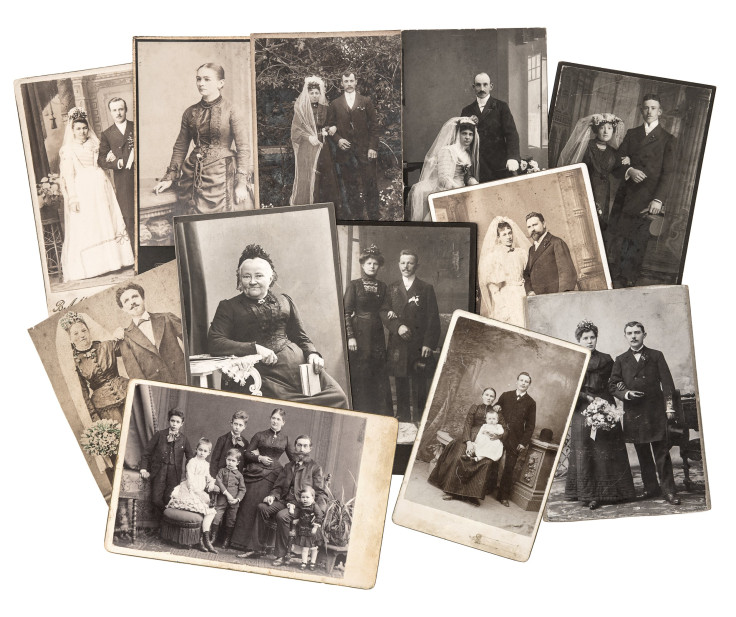What's Your 'Automatic Attitude' Toward Your Spouse? Newlyweds' 'Implicit' Reaction Predicts Marriage Success And Failure

Through the use of photographs, researchers managed to tap into the implicit attitudes that newlyweds held toward their spouses. Not only was this reaction unknown to the spouse but it also predicted marital success better than what a spouse consciously expressed.
Study author James McNulty, a psychologist at Florida State University, reported in Science that using implicit measures to detect a person's "automatic attitude" about something. “Either people are completely unaware of this automatic attitude, or they’re completely aware and just not willing to talk about it,” he told The Seattle Times.
To gauge a person’s subconscious view of their other half, McNulty and colleagues flashed photos of participants' spouses for a third of a second. The photo was then followed by a positive or negative word, such as “delightful” or “disgusting.” The newlywed’s task was to push one of two buttons as quickly as possible to indicate whether the word they saw denoted something good or bad.
The idea was to allow the viewer to see the photograph for just enough time to allow them to recognize their spouse, but without any time to notice any details. This, according to the researchers, leads a person’s brain to automatically summon any gut feelings and associations they might have towards the subject in the photograph. A word that is more fitting with those associations then allows for a quicker response as to whether it is positive or negative. Conversely, a word that clashes with this buried feeling leads to a slower reaction time.
The study compared these reaction times to the responses that the participants provided in a questionnaire that explicitly asked how they felt about their marriage. In total, 135 heterosexual newlywed couples (270 people in total) who had tied the knot within six months of the study took part. After the initial implicit and explicit assessment of their marriage the spouses were tested about their marriage satisfaction every six months for four years.
Initially, the couples generally reported being happy with their marriage, which reflected a more optimistic honeymoon phase, according to McNulty. This also meant that some early responses to the questionnaire clashed with the gut reaction times to the photographs. But with time, McNulty found that the automatic attitudes and explicit reports increasingly fell in line. In other words, people eventually came to terms with how they really felt about their marriage. In general, a positive gut reaction to the photographs predicted better marriage success later down the line.
“The question is, can you strengthen somebody’s automatic attitude toward their partner?” McNulty told CommonHealth. “We’re interested in moving in that direction to see, because I think that kind of experimental evidence would show these automatic attitudes are really having a causal influence, and then they would also provide a potential therapeutic intervention.”
The trick, McNulty says, is to distinguish a negative gut feeling that reflects a bigger picture issue from a dose of healthy skepticism. “There’s some evidence that people can access their automatic feelings, their immediate gut-level reactions,” he told CommonHealth. “And so if people do that and they feel that there are some doubts, I think probably the best thing to do would be to go talk to a professional, because it’s not certain that a person with doubts is going to be unhappy.”
Source: McNulty et al. Though They May Be Unaware, Newlyweds Implicitly Know Whether Their Marriage Will Be Satisfying. Science. 2013.



























